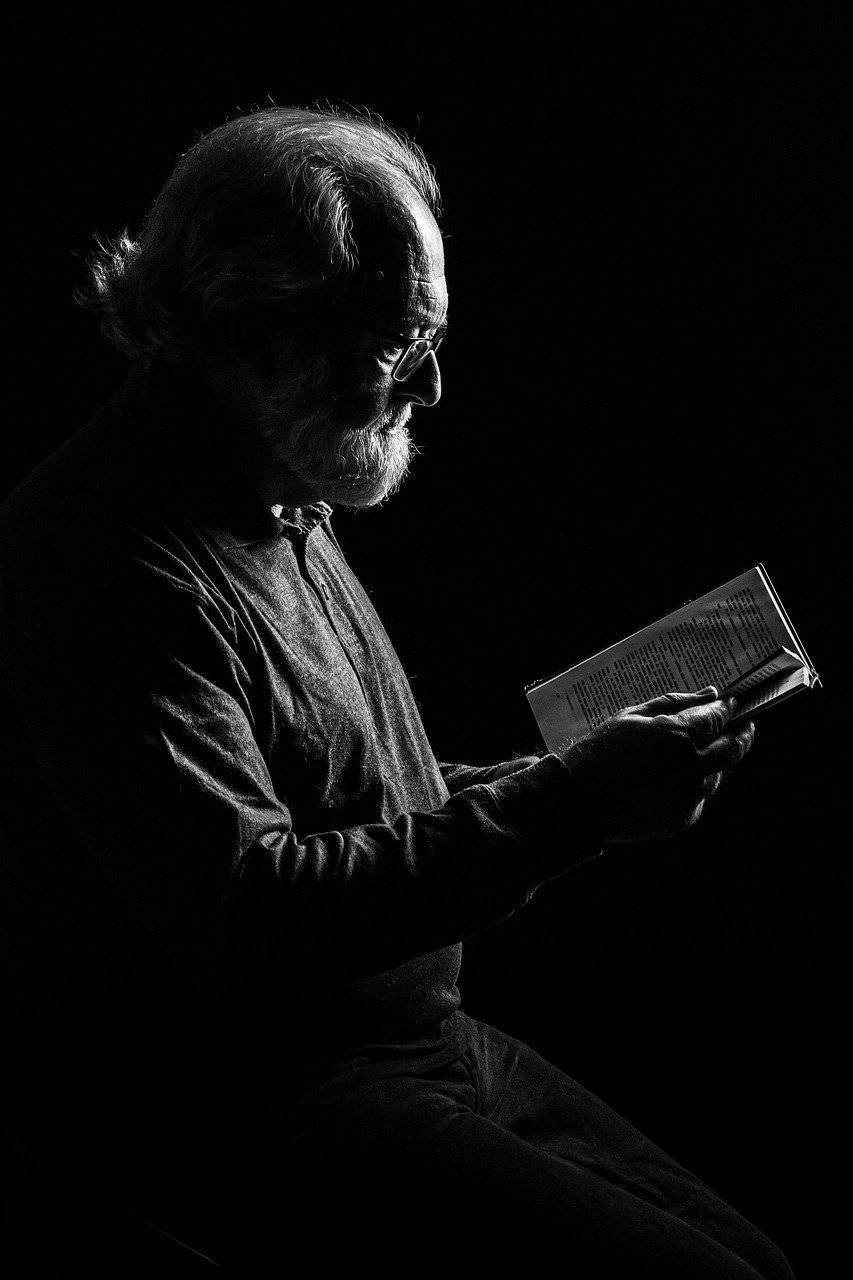The English language we wield today is a product of centuries of evolution, a rich tapestry woven from the threads of conquest, trade, and cultural exchange. But beneath the familiar surface lies a hidden history, a time when grammar rules were far more complex and sentences resembled cryptic codes. Buckle up, word nerds, because we’re about to embark on a time-traveling tour of archaic English grammar!
Double Trouble: The More, the Merrier Comparisons
Imagine a world where “more bigger” and “most strongest” weren’t grammatical faux pas, but perfectly acceptable ways to express intensity. This was the reality of Old English, where comparisons could be double-decker affairs. You’d add “more” or “most” before the standard “-er” or “-est” endings, creating a delightfully emphatic (if slightly redundant) effect.
Thou Shalt Not Use “Thou”: A Farewell to Formal Pronouns
Remember history class and the peculiar way Shakespeare’s characters addressed each other? “Thou” and “thine” were the formal second-person singular pronouns, used for a single person with whom you weren’t on a buddy-buddy level. Today, they’ve faded into near obscurity, except in religious contexts or when authors want to create a specific atmosphere.
The Subjunctive Mood: A Subdued Shadow of Its Former Self
The subjunctive mood, a verb form used to express doubt, possibility, or recommendations, still exists in English, but it’s a shadow of its former self. Take the sentence “If I were you” (subjunctive) compared to “If I was you” (indicative). The subjunctive emphasizes the hypothetical nature of the situation. While still used, it’s far less common than in the past.
The Case of the Missing Conjugations: A Streamlined System
Older English boasted a wider array of verb conjugations, meticulously tailored to distinguish between singular and plural pronouns (e.g., “he goes” vs. “they go”). Modern English has streamlined this system, making communication less grammatically intricate but perhaps more efficient.
Beyond the Basics: Unveiling the Rarities
Now that we’ve covered the common archaic features, let’s delve deeper into the fascinating, yet rarely used, corners of English grammar’s past:
- The Dative Case: The Art of Gifting with Precision
Imagine a world where prepositions like “to” weren’t necessary. Old English had a “dative case” for nouns and pronouns, specifically indicating the recipient of an action. “He gave the book to me” (dative) versus “He saw me” (accusative) – subtle, but distinct!
- The Instrumental Case: Unveiling the Tools of the Trade
Similar to the dative case, Old English had an “instrumental case” that pinpointed the instrument used in an action. This case has vanished, replaced by prepositions like “with.” So, instead of a dedicated grammatical form, we now rely on word order to convey this information.
- A Farewell to Gendered Nouns: When Objects Had Personalities
Unlike modern English, which only assigns grammatical gender to pronouns, Old English had gendered nouns as well. A table could be masculine, a ship feminine – a complexity that has faded away over time.
- The Duality of Numbers: A Lost Category for Twos
This might sound like something out of science fiction, but Old English had a special “dual number” for referring to exactly two of something. Today, we simply use the plural for both singular and dual quantities.
- Verb Prefixes: A Lost Art of Efficiency
Old English employed prefixes on verbs to indicate aspects like completion or ongoing action. These prefixes have mostly disappeared, with separate verbs or helping verbs taking their place. Imagine a world where “be-” indicated ongoing action – a whole new layer of meaning lost to time!
Why Should We Care About Archaic Grammar?
Understanding archaic English grammar isn’t just about trivia. It sheds light on the fascinating evolution of our language, from its complex beginnings to its streamlined present form. It allows us to appreciate the efficiency of modern English while acknowledging the richness of its past. It’s like visiting a historical museum of language, where we can marvel at the tools of communication used by our linguistic ancestors.
So, the next time you find yourself struggling with a verb conjugation or pondering the perfect preposition, take a moment to appreciate the incredible journey English grammar has taken. It’s a testament to the dynamism of language, a reminder that the words we use today are constantly evolving, carrying the echoes of a bygone era.



